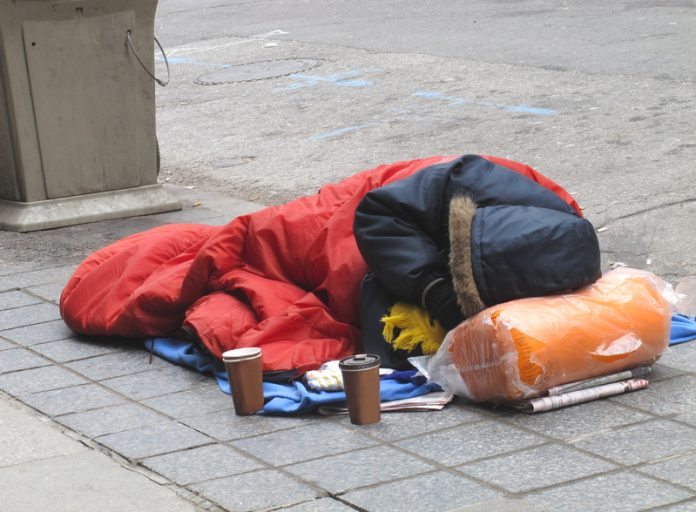Councils are challenging proposed legislation to tackle homelessness, stating the methods put forward by the government will not work…
The Local Government Association (LGA) has warned proposals aimed at dealing with homelessness will not address the problem.
The LGA, which represents 370 councils across England and Wales, said the government should focus on building more affordable homes.
The Homelessness Reduction Bill is set to have its second reading in the House of Commons in October and would see a number of new obligations placed upon councils. This would include providing emergency interim accommodation for up to 56 days for households not in priority need. This would leave councils less able to support vulnerable people as resources would have to be diverted from essential homelessness work.
The LGA said rising demand, falling budgets, and a decline in social housing is putting pressure on councils to help everyone facing difficulties with homelessness.
LGA Chairman Lord Porter said: “Simply adding more duties to councils is not the answer to tackling homelessness.
“The only viable long-term solutions are increasing the availability of suitable affordable housing and addressing other underlying causes of homelessness.
“Councils want to help everyone at risk of homelessness and to support those who are homeless into accommodation as soon as possible. However, legislation alone will not resolve homelessness – the causes are complex and range from the economic and social to the personal.
“The Government’s commitment to more mental health spending is a step in the right direction but it must ensure it reaches the people it is designed to reach.
“There is no silver bullet – homelessness is a historical problem which has been inherited by successive governments.
“Housebuilding is well below the levels needed to meet current demand. This is pushing more people into the private rented sector and has caused an increase in rents that can make independent living more difficult.
“Social housing is critical if we are to house people who are homeless or at risk. But the availability of social rented council housing has halved since 1994.
“We’ve got 69,000 people already currently living in temporary accommodation and more than a million extra on council waiting lists.
“If we are to succeed then we need to address the gaps between household incomes and spiralling rents, and resume our role as a major builder of affordable homes.”











